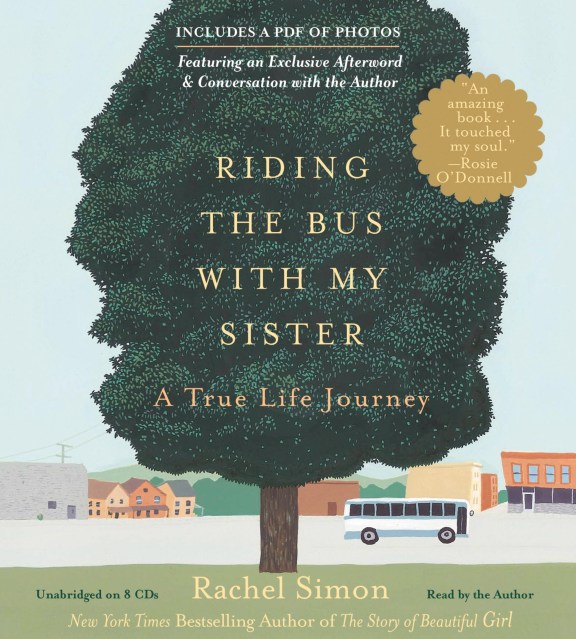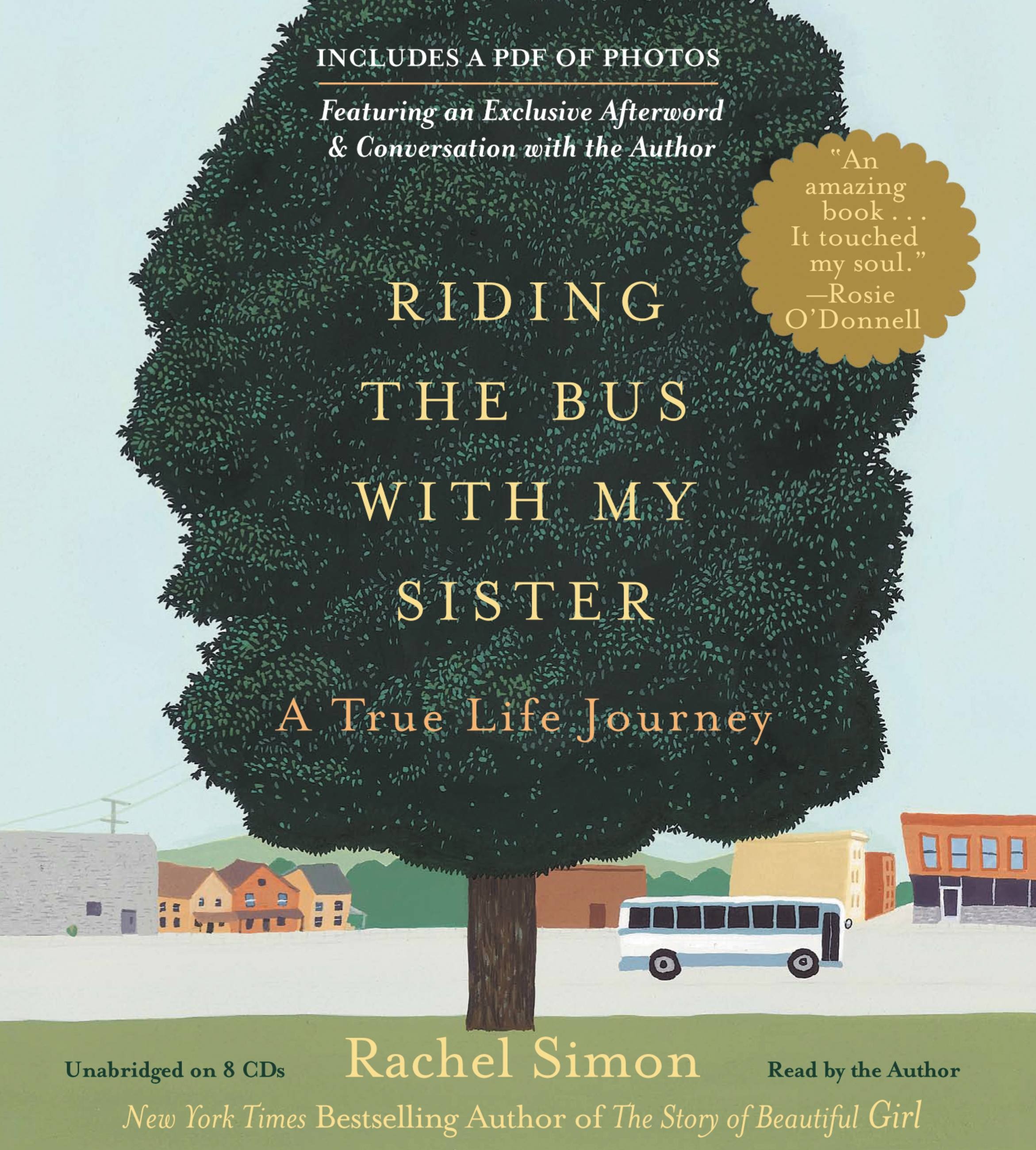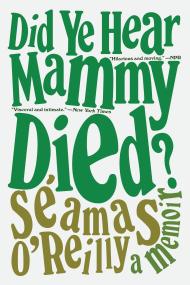Promotion
Use code MOM24 for 20% off site wide + free shipping over $45
Riding the Bus with My Sister
A True Life Journey
Contributors
By Rachel Simon
Read by Rachel Simon
Formats and Prices
Format
Format:
Audiobook Download (Unabridged)This item is a preorder. Your payment method will be charged immediately, and the product is expected to ship on or around February 13, 2012. This date is subject to change due to shipping delays beyond our control.
Also available from:
Rachel Simon’s sister Beth is a spirited woman who lives intensely and often joyfully. Beth, who has an intellectual disability, spends her days riding the buses in her unnamed Pennsylvania city. The drivers, a lively group, are her mentors; her fellow passengers are her community. One day, Beth asks Rachel to accompany her on the buses for an entire year. This wise, funny, deeply affecting true story is the chronicle of that remarkable time. Rachel, a writer and college teacher whose hyperbusy life camouflaged her emotional isolation, had much to learn in her sister’s extraordinary world. Full of life lessons from which any reader will profit, Riding the Bus with My Sister is “a heartwarming, life-affirming journey through both the present and the past…[that] might just change your life” (Boston Herald).
Elegantly woven throughout the odyssey are riveting memories of terrifying maternal abandonment, fierce sisterly loyalty, and astonishing forgiveness. Rachel Simon brings to light the almost invisible world of adults with developmental disabilities, finds unlikely heroes in everyday life, and, without sentimentality, portrays Beth as the endearing, feisty, independent person she is. This heartwarming memoir about the unbreakable bond between two very different sisters takes the reader on an inspirational journey at once unique and universal.
Riding the Bus with My Sister was made into a Hallmark Hall of Fame movie starring Rosie O’Donnell and Andie McDowell, and directed by Anjelica Huston.
Genre:
- On Sale
- Feb 13, 2012
- Publisher
- Hachette Audio
- ISBN-13
- 9781611137507
Newsletter Signup
By clicking ‘Sign Up,’ I acknowledge that I have read and agree to Hachette Book Group’s Privacy Policy and Terms of Use







